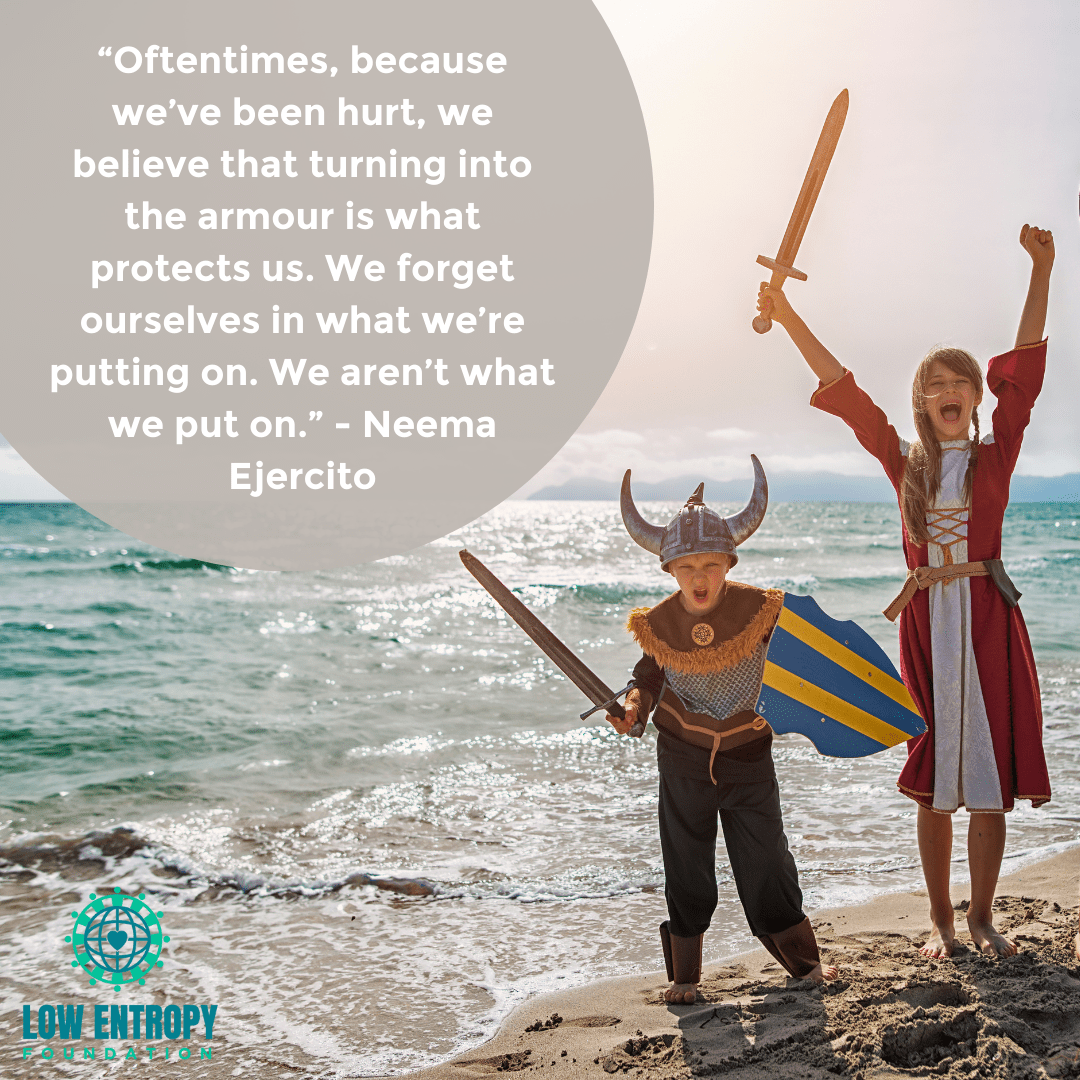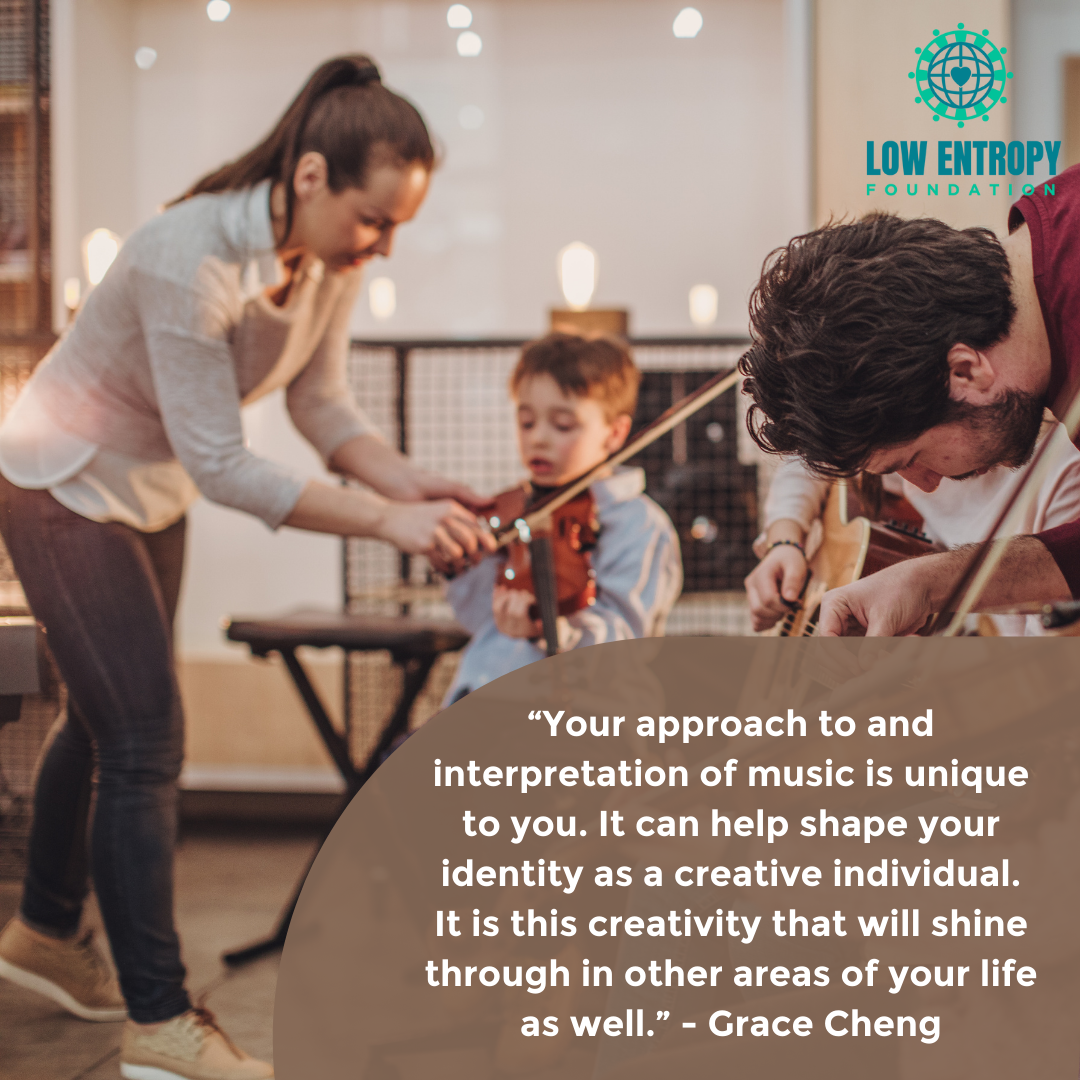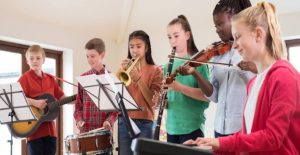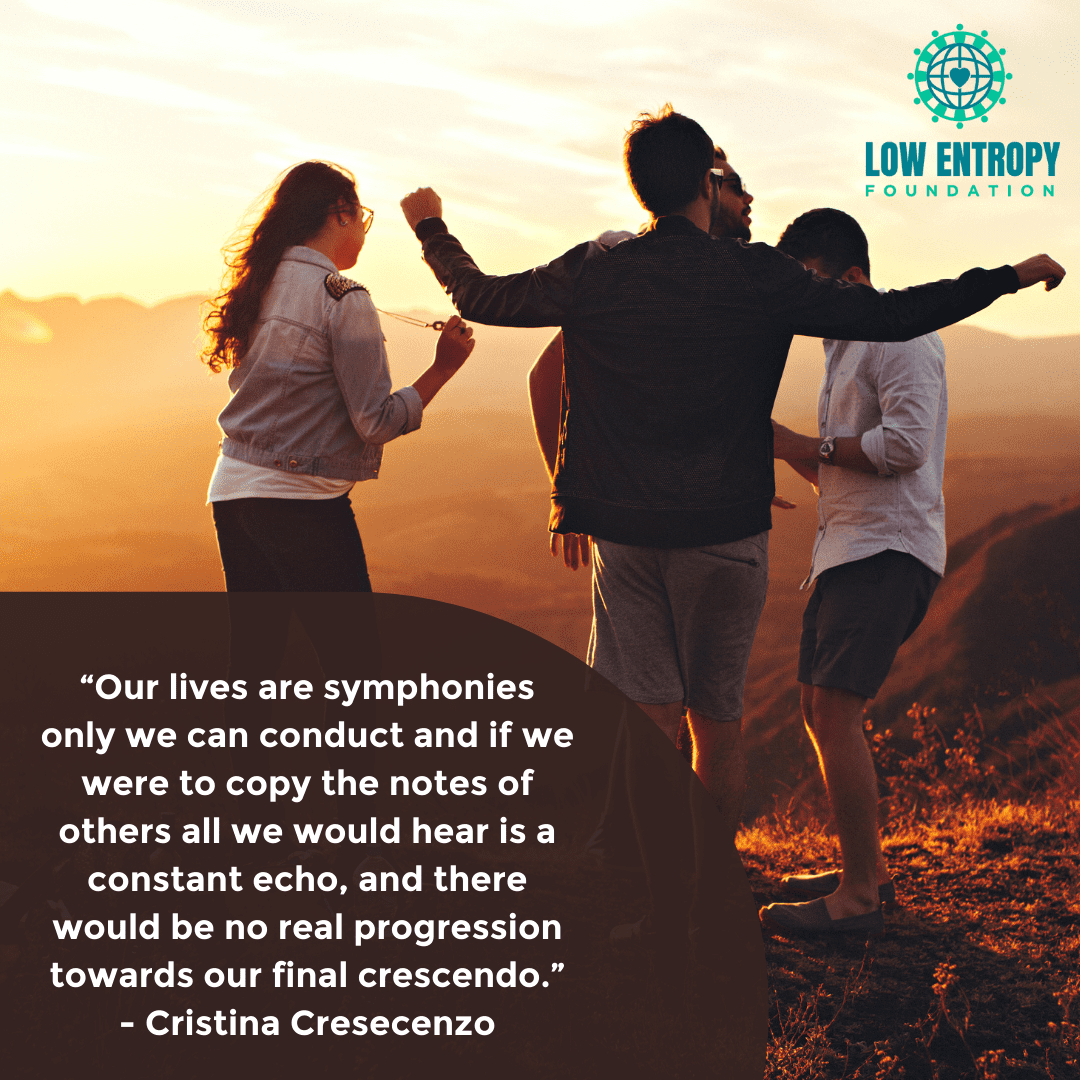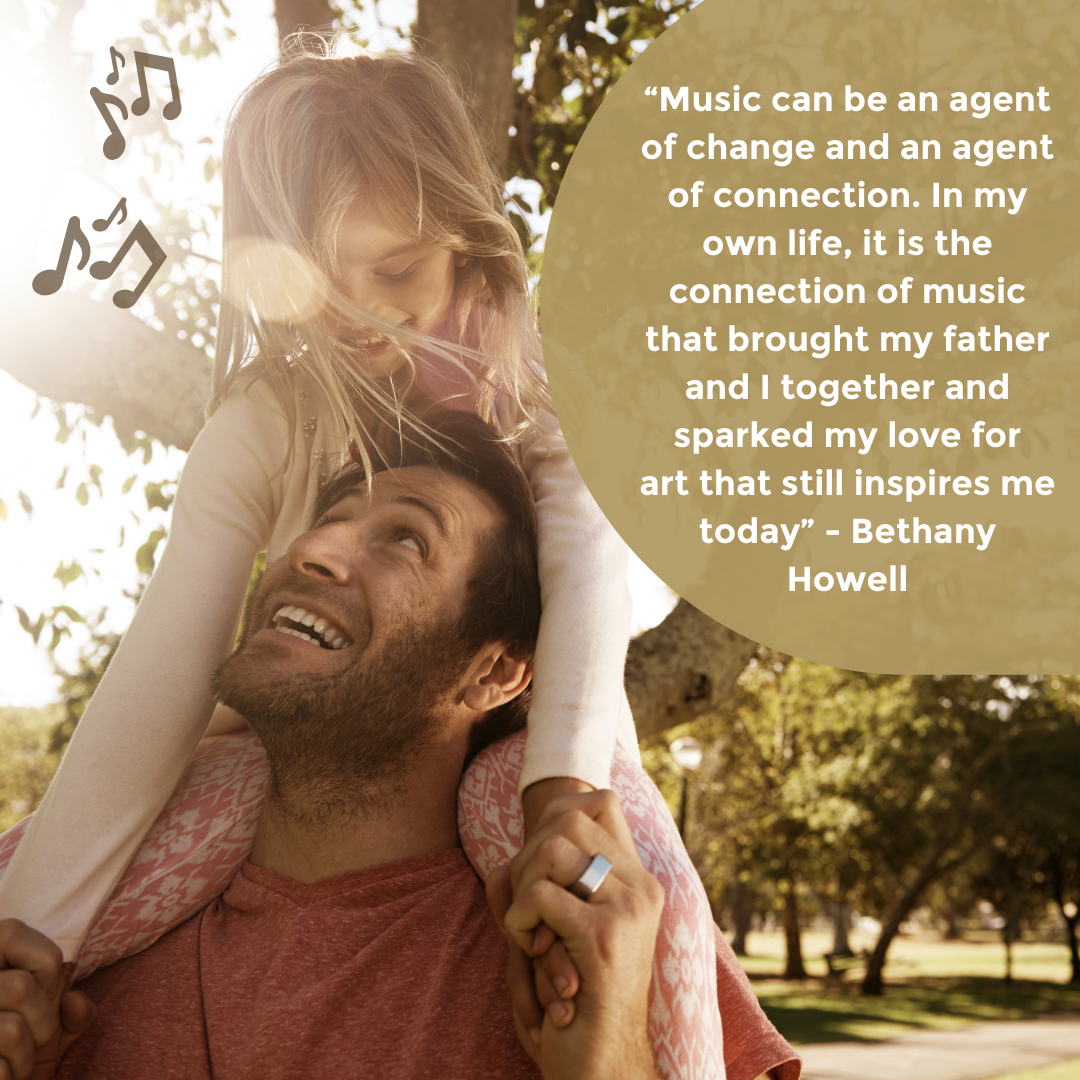Neema Ejercito (she/her/hers), Low Entropy Volunteer Writer
SO many songs have made me cry, but if I were to choose just one, it would have to be Twila Paris’ “The Warrior is a Child.” Philippine pop legend Gary Valenciano is the one who popularized this song for me, and probably the entire country. Every time I hear it, I swear, if my heart is not at least swelled up in inspiration, I am left in buckets of tears and snot, despicably ugly-crying. I may be exhausted and wasted by the end of it, but there have been times when I’ve played it over and over when I’m particularly down. It’s as if I wanted to empty all the sadness away through the song.
I’m tempted to write every line of its lyrics here, but due to word limit, I must choose the lines that I would like to talk about. The song begins with the protagonist’s current state: “Lately I’ve been winning battles left and right/But even winners can get wounded in the fight.”1 When I’m feeling particularly spent, just hearing this first line is enough for the waterworks to begin. I recount how much I’ve been giving and think how that’s supposed to be a good thing, but why do I feel so dang tired? And because I feel empty, I don’t feel like a winner at all.
The waterworks turn into a flood as the second stanza comes on: “They don’t know that I come running home when I fall down/They don’t know who picks me up when no one is around.” Dang it, I’m starting to tear up. And I listened to this song a couple of times yesterday in preparation to write this article tear-free, too. These lines hit me particularly hard at one point because I still question my spirituality at times. Do I believe in a Supreme Being, and how do I address Her? What is my relationship with Her like? These lines remind me that I do believe in Her, though I’ve grown up addressing Her as Him. But I remember the times I’ve visualized being held in Her arms, just as my mom shared with me when she would feel down and need comfort.
“[D]eep inside this [armour]/The warrior is a child.” Oh my oh my oh my. These two lines. I think these are my favourite of them all. Especially the second time the chorus is sung and there’s a swell in the stanza’s first two lines I mentioned earlier. Ayayay, if I had been holding back any tears prior to this part, the dam would have broken right here.
I love love love the distinction between the armour and the warrior here. Oftentimes, because we’ve been hurt, we believe that turning into the armour is what protects us. We forget ourselves in what we’re putting on. We aren’t what we put on. We are simply using the armour to protect ourselves. In feeling like we have to become the armour, we’ve really turned ourselves into heartless objects. Sure, we may lie to ourselves in believing that this is for our own good, that we won’t get hurt, but we lose what being a warrior truly is. We keep fighting because of the hurt, but also because we love. And to do so means being open, being vulnerable.
Which brings me to the last lines I want to end my blog with: “But they don’t see the enemies/That lay me at His feet.” I’ve thought about the many different enemies I’ve had in my life, and often I find it easy to see someone else as my enemy. It’s human nature to blame someone or something else anyway. But many times, I think what pains me the most is when I realize I’m my own worst enemy. Time and time again I’ve had to remind myself how awesome I am to others while I treat myself worse than crap. And I have to remember: if I truly want to be able to help others, I really have to think the best of myself.
—
Neema Ejercito is a professional writer, director and creative writing mentor. Her 3D edutainment series for beginning readers, AlphaBesties, is showing in YouTube Japan and Prairie Kids. When she’s not writing or mentoring, she manages her household with her very supportive husband and three children.
1 Paris, T. (n.d.). Gary Valenciano – Warrior Is a Child Lyrics | AZLyrics.com. AZLyrics.com. Retrieved April 15, 2022, from https://www.azlyrics.com/lyrics/garyvalenciano/warriorisachild.html







